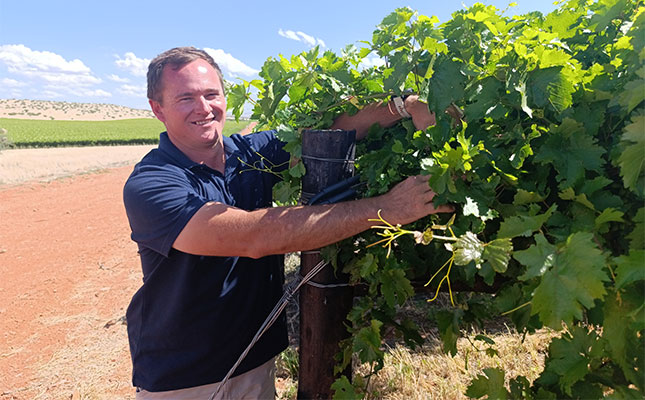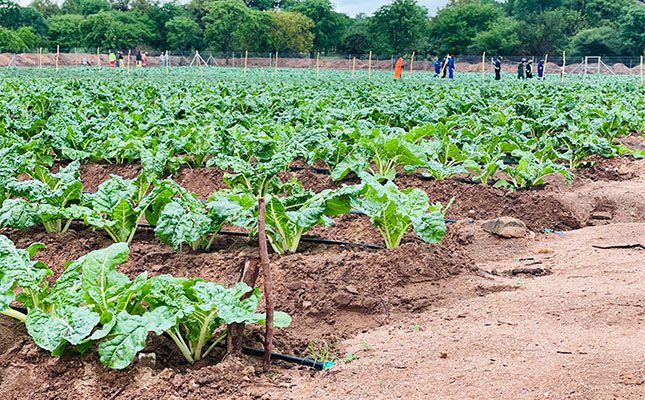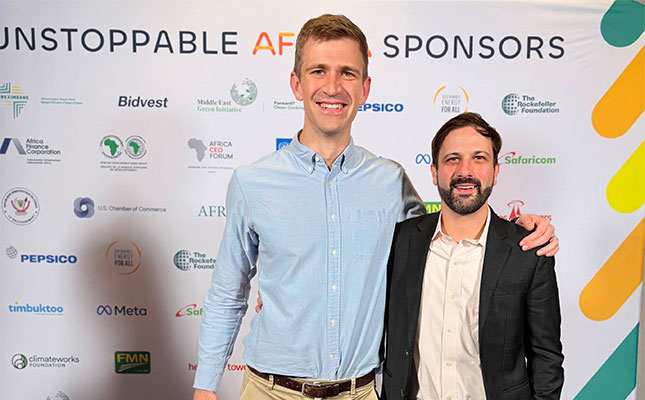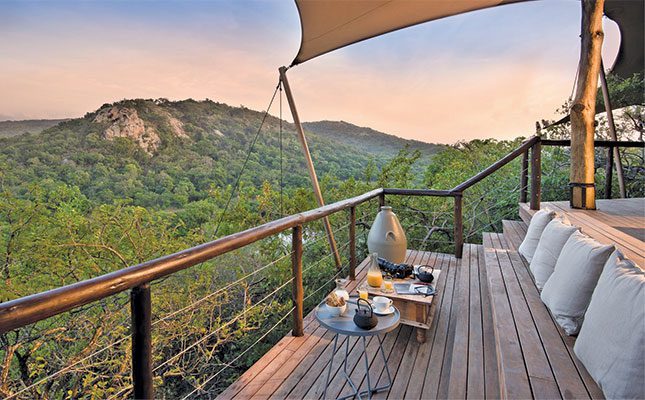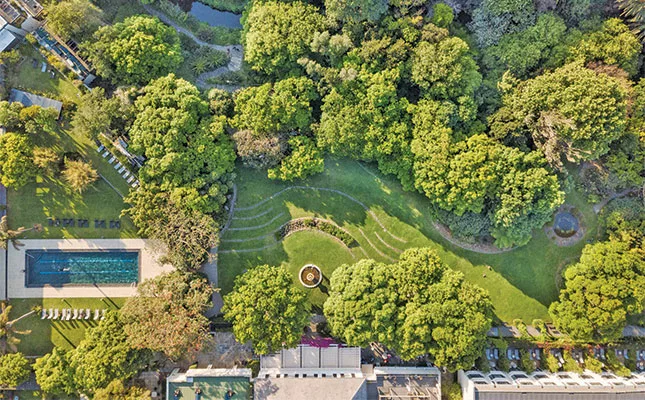
With seven acres of beautifully landscaped, mostly indigenous gardens, The Vineyard Hotel has the feel of a country estate or resort. Yet it is within a few minutes’ walk from Kildare Road in Newlands and its many restaurants, or Cavendish Square – one of the southern suburbs’ first shopping centres. In fact, from this location you have the most notable schools and Genadendal, the president’s official residence, in close proximity.
The Vineyard Hotel, The Oude Werf and The Stellenbosch Hotel are owned by the Petousis family, long regarded as fine hoteliers.
From historic to modern
Built in February 1800, The Vineyard was Lady Anne Barnard’s Newlands retreat and the Cape’s first English- style house. The gardens flourished with indigenous protea and keurboom alongside English box and fir. While the original bones are historic, over the years three floors of accommodation have been added and, later still, a conference centre and contemporary indoor pool, gym and spa complex.
The Angsana Spa at The Vineyard Hotel is operated by therapists trained by the Banyan Tree, one of Asia’s most celebrated spas.
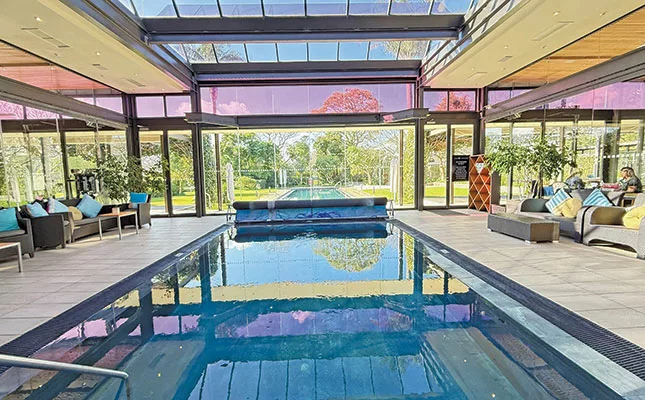
This hotel is chock-a-block with quality art and crafts, including matriarch Kitty Petousis’s fabric art. Important ceramics, antiques and pieces from the original homestead are displayed with more contemporary pieces.
During COVID-19, The Vineyard underwent a significant upgrade of its reception area, which now benefits from much more natural light and views into the gardens. As cavernous as its entrance lobby is, it also feels cosy with conversation settee set-ups throughout.
Inside and outside
Enjoying all-year-round high occupancy, The Vineyard is also a favourite with people who live in Cape Town for its renowned breakfast (R350) and afternoon tea (R450). While The Square, a glass-covered courtyard at the centre of the hotel is the main eating place, meals can also be enjoyed in the more recently opened Long Cafe coffee shop near the entrance, The Garden Lounge and al fresco terrace overlooking the garden.
There are many ante-rooms and sitting rooms throughout the hotel’s ground floor that are as popular with residential guests as day visitors. Many decorative periods are located cheek- by-jowl, but it all works beautifully.
Morii is the hotel’s fine-dining Middle Eastern-inspired restaurant and is adjacent to the gym and spa complex.
Operated by an outside biokineticist, the gym is available to hotel residents. It has a large indoor, heated swimming pool and there is a second, larger swimming pool outside.
Rooms are all elegantly decorated and The Vineyard successfully uses quality, older pieces alongside current decor trends. The overall theme, though, is quality, which is why the pieces purchased in the 1970s and refreshed since then in the same style, remain comfortable and still look fabulous.
Third-floor mountain-facing rooms are the most sought after and their protruding bay windows frame the view beautifully. But, as wonderful as the rooms and interior public spaces are, the hero here is the garden.
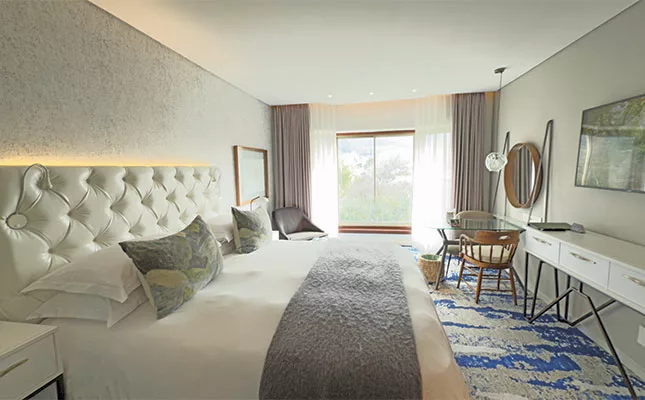
Built in a series of terraces down to the river and over to the other side, the heavily planted gardens have majestic ancient fig and camphor trees and huge cycads, probably planted during the Barnard era. Stone pathways and steps wind through the trees giving the visitor a feeling of being lost in an ancient jungle.
As much as the garden invites exploration, it also welcomes contemplation and there are benches, stone circles, fountains and reflective pools that beckon.
The Vineyard Hotel has prominent pets: mountain tortoises. The largest species of tortoises in Africa, they’ve lived here since the early 1980s.
Gloria and Thomas, who are over 50 years of age, are the oldest.
Their sizes range from 30cm to 70cm, with the largest weighing up to 40kg.
All staff interactions felt genuinely warm and nothing asked for — more coffee pods for the room and pouring cream for the in-room fridge — always seemed a pleasure.
Circular sustainability
At The Vineyard Hotel, yesterday’s breakfast scraps become tomorrow’s garnish in a remarkable display of circular sustainability. Kitchen waste – from fresh juice pulp to coffee grounds – feeds thousands of earthworms in wooden boxes, creating nutrient-rich “black gold” or vermicompost that nourishes the hotel’s on-site herb and vegetable gardens.
Within weeks, vibrant microgreens emerge close to the kitchen, slashing food miles while delivering intense flavours that guests can actually taste.
The hotel says that the numbers tell part of the story: sourcing microgreens locally saves money (a R60 bag of seeds replaces R80 worth of shipped produce) and eliminates transport emissions from Gauteng.
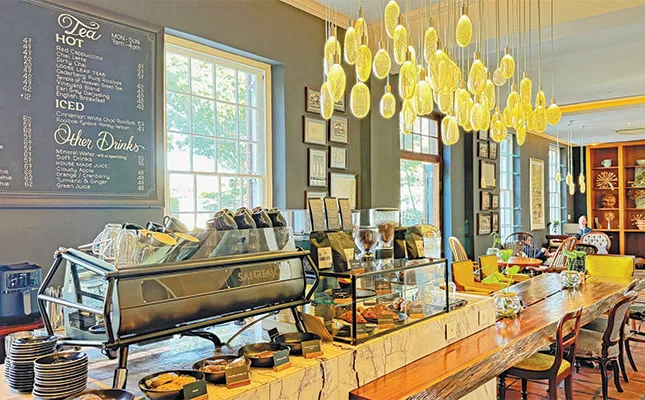
But for Senior Sous Chef Sven Adams, the real value lies deeper in reconnecting chefs with their ingredients and breaking the industry’s notorious cycle of stress and burnout.
“Get your hands dirty,” Adams urges his team. “If you burn a carrot, that’s three months of work you’ve just destroyed. It’s sustainability that feeds both the soul and the bottom line,” he says.
Considering the cost of flights and accommodation abroad, spending a week or two at The Vineyard instead (peak season rates are around R5 000 daily) is a viable option.
With exposure to the sights and sounds of nature, yet easy proximity to the city and wine routes, you will be guaranteed a restorative holiday.
The hotel often has specials and more affordable short-break options too.
For more information phone 021 657 4500, email [email protected], or visit vineyard.co.za.
Get trusted farming news from Farmers Weekly in Google Top Stories.
➕ Add Farmers Weekly to Google ✔ Takes 10 seconds · ✔ Remove anytime
